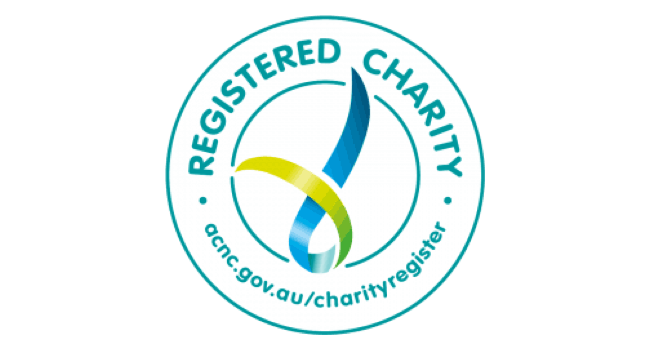The debate over phonics teaching (explicit instruction on how to ‘sound out’ words by learning the sounds that letters or combinations of letters stand for) has raged for decades. This article covers recent developments beginning in early 2024.
Mandatory phonics teaching – June 2024
In June 2024 Minister for Education, Ben Carroll announced that all students from Prep to Year 2 will be taught using a systematic synthetic phonics approach as part of their reading programs, with a minimum of 25 minutes daily explicit teaching of phonics.
The Department of Education acknowledged at the Summit that some of our government schools (approx 700) already teach reading this way and a question was asked about what would be removed from the current learning model.
Teacher concerns
After the announcement there were concerns raised by the teachers union why they had not been consulted on the Government’s decision to mandate this practice from next year, considering the workforce supply and workload issues already having huge impacts on schools to meet government and community expectations.
Our view
Many generations of parents, carers and educators have debated reading teaching methods. These include expecting phonics to be used as a method of teaching literacy; combined methods in accordance with the students’ learning needs and others who are unsure how particular teaching methods are selected and delivered from one government school to the next. Parents Victoria advocates to the government and the department that it is essential that effective communication to the school community about why they make these changes in state education.
Media coverage
This issue was covered extensively in the media. If you have subscriptions to the Age or Herald-Sun you can follow the coverage in these articles:
- ‘The way children are taught in Victoria is about to change’ (Age, 13 June)
- ‘Teachers told to ignore Victoria’s phonics push as union lashes deputy premier’ (Age, 14 June)
- ‘Eleven questions about phonics teaching method change answered’ (Herald-Sun, 13 June)
- ‘What mandated phonics means for Victoria’s haemorrhaging teacher numbers’ (Age, 18 June)
Grattan Institute report, February 2024
The long-running debate about the best way to teach children to read was re-ignited in February 2024 by a report from the Grattan Institute. Under the heading ‘Victoria needs a reading revolution’, the report says a third of our children can’t read proficiently. Grattan Institute Education Program Director, Dr Jordana Hunter said, “Australia is failing these children. And it’s a preventable tragedy – the reason most of those students can’t read well enough is that we aren’t teaching them well enough.”
Media coverage – our view
The report was covered extensively in the media, including this article in the Age by Robyn Grace. We have been approached by several media outlets for comment on this issue. Parents Victoria CEO Gail McHardy made the following point in her media comments:
- This report covers all students across Australia – not just Victoria.
- The report does reaffirm the recent Victorian student literacy outcomes as mentioned above in this issue of Parents Voice.
- We need to be aware that Victorian public schools are autonomous – they are able to make their own decisions about teaching methods.
- The NSRA bilateral agreements impose targets and reforms on the states and territories regarding student outcomes.
- School funding plays a significant part in enabling schools to implement any literacy improvement strategies and additional staff/learning resources to support students.
- The Grattan Institute report included a suggested 6-point Reading Guarantee. We believe parents would think that the first 5 out of the 6 should already be happening in schools.
- Many parents may not be familiar with the language used in this area; phonics, structured literacy, balanced literacy etc. They also may not understand what testing is used to arrive at the literacy outcomes that are so often quoted. Parents need clear and consistent communication in order to understand what is going on.



